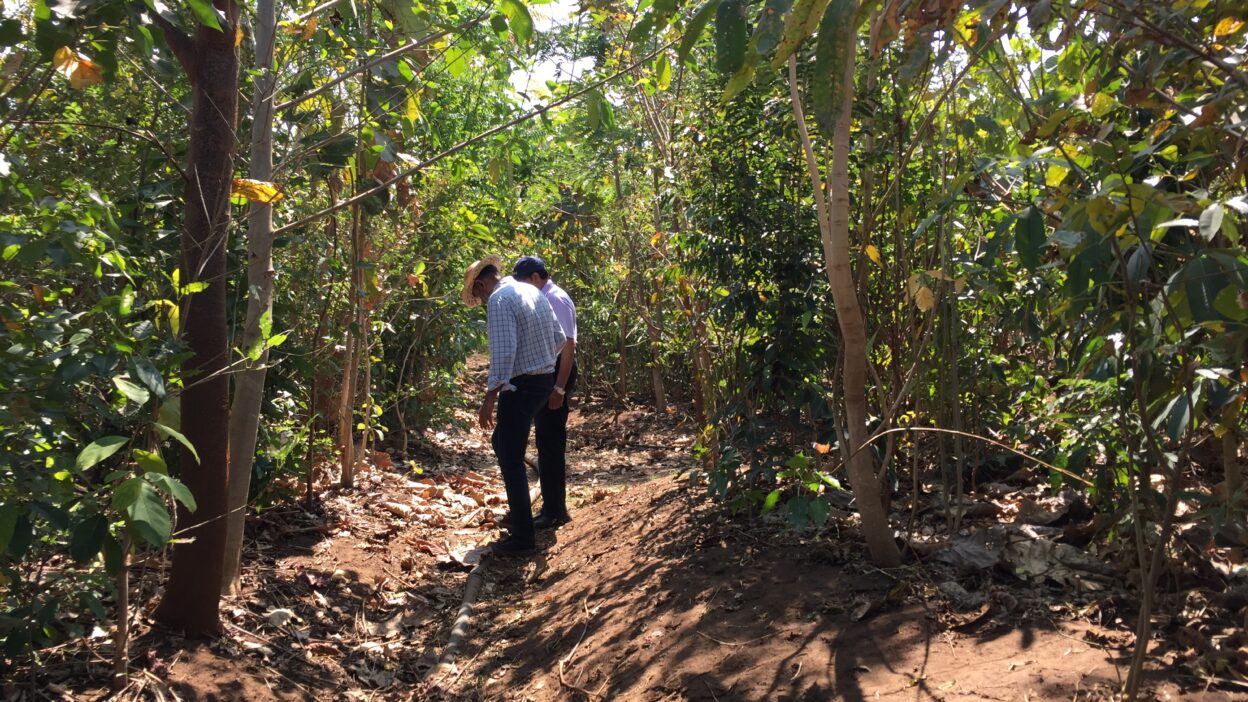An ex-Toyota engineer’s vision to rewild concrete jungles. By adapting a Japanese reforestation method, Afforestt has planted hundreds of thousands of native trees in urban India and beyond, creating dense, self-sustaining forests on tiny plots of land.
India’s cities have grown rapidly, often at the cost of green cover. But through Afforestt, co-founder Shubhendu Sharma has pioneered a way to reverse that trend – planting hyper-dense forests that grow ten times faster than usual. The story began in 2008. Shubhendu was working in a Toyota factory in Karnataka when legendary botanist Akira Miyawaki came to show the factory staff how to plant a self-sustaining forest on factory grounds. Enthralled, Shubhendu volunteered to help and even planted a 300-tree garden in his yard. When that experiment flourished within a year, he realised the method’s potential and quit Toyota in 2011 to start Afforestt – a “for-profit social enterprise” dedicated to creating natural, maintenance-free forests.
Afforestt uses an accelerated version of the Miyawaki method: it starts with intensive soil analysis and amendments (using local biomass like city compost) and then plants dozens of native species close together. This approach replicates a young mature forest. A small urban site (say 1000 sq. ft.) can sprout into a dense micro-forest in a few years. Such forests are rich in biodiversity and sequester carbon efficiently, even as they thrive on rainwater alone. The process is labour-intensive at first, but the payoff is a wild-like forest that requires no upkeep.
Since its founding, Afforestt’s impact has been global. By 2020, it had “planted over 450,000 trees in 144 tiny, fast-growing forests in 50 cities around the world,” according to reports. Projects have included a public forest in Delhi, rooftop gardens, corporate campuses, and schoolyards. In Indian cities alone, Afforestt has created dozens of such “mini-forests” – transforming asphalt patches into self-seeding green havens. And the concept has spread: cities in 10 countries now host these tiny forests. The result is tangible: in one backyard experiment, Shubhendu observed a 5°C drop in midday temperature under the canopy, plus a rush of birds taking residence.
Afforestt’s growth has drawn international attention. Shubhendu was named an Ashoka Fellow for social entrepreneurship, and media outlets like TED and Bloomberg have featured his work. In India, state governments (e.g. West Bengal) have started adopting Miyawaki projects after seeing Afforestt’s success. Community testimonials echo the data: residents report cooler air, cleaner soil, and a sense of restored nature. By converting neglected spaces into “oxygen factories”, Afforestt tackles climate change and urban heat together. As Shubhendu says, it’s not enough to plant a single type of tree – we must recreate entire ecosystems so forests can sustain themselves. Through Afforestt, dense urban forests are no longer a distant dream but a scalable reality.
Today, Afforestt continues its mission in India and abroad. It trains gardeners and volunteers in the method, offers DIY planting kits, and consults with cities wanting more greenery. In a world losing 10 million hectares of forest each year, Afforestt’s work shows how even tiny plots – schools, temples, apartment blocks – can become livable forests. Every sapling planted carries Shubhendu’s founding belief: that by amplifying nature’s processes, we can quickly regenerate green cover and heal the planet.





